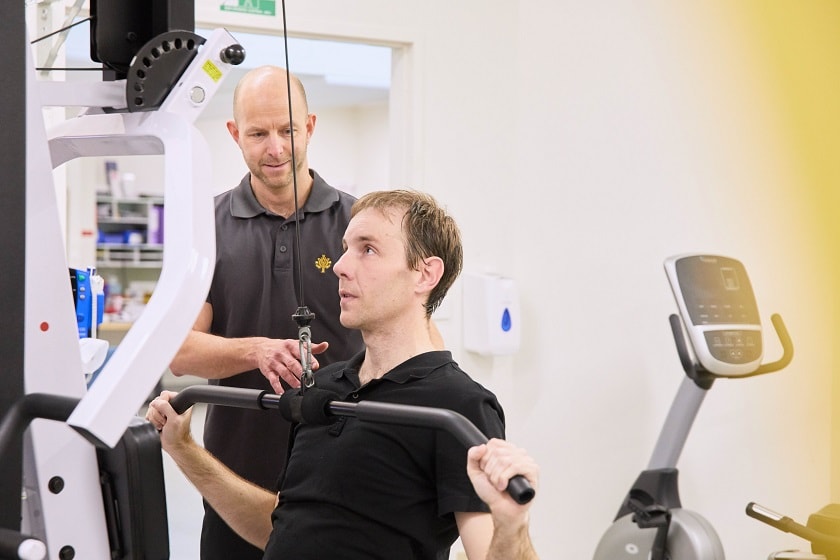If you or your doctor are considering back surgery, you have probably tried a range of other less invasive treatments for your back pain in the first instance.
Some of these treatments include physiotherapy or chiropractic care, medication to relieve pain or increase mobility, or lifestyle and workplace changes.
If these treatments don’t work, your doctor may consider recommending you for back or spinal surgery.
Why would back surgery be recommended?
The most common reasons that back surgery is recommended are:
- to take pressure of nerves
- to stabilise your spine
- to align your spine.
The benefits you can expect from back surgery will be specific to your condition but may include a reduction in pain and improved movement.
Types of back surgery
Spinal fusion:
This involves your surgeon joining your spinal bones together to reduce the motion between the bones and nerves.
Laminectomy:
Your surgeon removes part of your spinal bones or bone spurs (bony growth on your vertebrae) to reduce pressure on nerves. Sometimes this surgery is done in combination with a spinal fusion.
Foraminotomy:
Your surgeon cuts some of the bone to give your nerves more space where they exit the spine to ease pressure on your nerves. Surgery may be done in combination with a spinal fusion.
Discectomy:
Your surgeon removes all or part of a disc between your bones if the disc is protruding and putting pressure on your nerves.
Will back surgery help reduce pain?
Spinal surgery is very successful in the treatment of nerve pain. Spinal fusion surgery can help back pain in certain situations. In many cases the cause of back pain is unknown and surgery may not be recommended.
Make sure you speak to your doctor about their success rates with the surgery they are recommending to you and ask about all of your treatment options.
Any surgical procedure carries risks. Make sure you discuss all possible risks with an appropriately qualified health practitioner.









